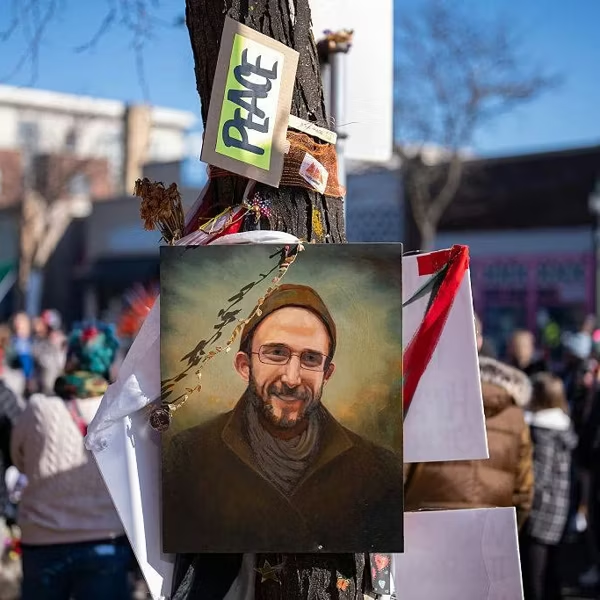Great magicians are masters of diversion. They attract our attention with one hand while using the other to trick us into thinking a supernatural act is taking place.
But even the best street performers could learn a lesson from the folks in Congress who are trying to repeal the Affordable Care Act, also known as Obamacare.
When we talk about repealing Obamacare, we almost never talk about the windfall payday it would bring to multi-millionaires and billionaires. In fact, this massive tax cut is the proverbial card hiding in the sleeve of lawmakers pushing repeal.
"Repealing Obamacare equals payday for the wealthiest households and higher taxes for the poorest households -- millions of whom would also lose their health coverage."
A new study from the Center on Budget and Policy Priorities shows the 400 richest Americans, a group whose average annual income tops $300 million each, would get a combined annual tax cut of $2.8 billion if the Affordable Care Act is repealed.
In other words, people who already have more money than they could spend in a dozen lifetimes would get a massive pile of cash.
Meanwhile, those who make less than $200,000 per year -- also known as "the rest of us" -- would see no benefit. That's because the two taxes that funded the expansion in health care coverage included as part of Obamacare don't extend to these moderate-income households.
And many of us would do worse.
In fact, about 7 million low-income people would actually see their taxes go up if the law's repealed, since they'd lose insurance premium tax credits that were enacted as part of the bill.
So, to be perfectly clear on this point, repealing Obamacare equals payday for the wealthiest households and higher taxes for the poorest households -- millions of whom would also lose their health coverage.
Remember the story of Robin Hood? It's just like that, but backwards.
Poll after poll shows Americans have no idea how concentrated wealth inequality is today -- it's far worse than most suspect.
A report I co-authored last year looked at the 400 wealthiest individuals in the country. This group together owns more wealth than the entire GDP of India, a country with over a billion people.
The report also showed this great concentration of wealth splits largely, although not exclusively, along racial lines. The 100 wealthiest Americans, none of whom are black, today own more wealth than the entire African-American population combined.
Unsurprisingly, most of us would like to live in a much more egalitarian society. If we can't swing it, economist and author Thomas Piketty warns, we're heading towards a hereditary aristocracy of wealth and power, where the children of today's billionaires will dominate our economy and our government.
As we look back at the Obama legacy, we see a number of efforts aimed at beginning to bridge that massive wealth divide. From expanding opportunities for low-income children and families to asking the ultra-wealthy to pay their fair share, progress has been made on this front in the past eight years.
The Affordable Care Act was one of these efforts, and it touched directly on issues of life and death.
Don't be fooled by the smoke and mirrors of today's illusionists: Repealing it will directly counteract this progress. It will further concentrate wealth into fewer hands and strip low-income families of what little resources they have.



